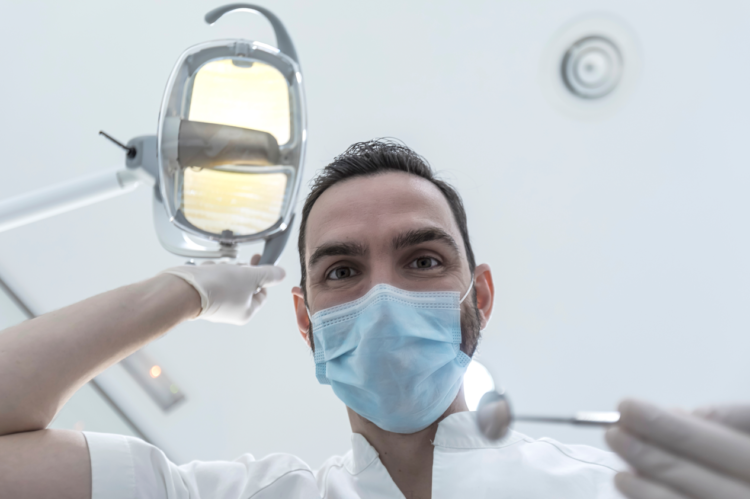More than a fifth of employees avoided going to the dentist in 2023 because of the ongoing cost-of-living crisis and a shortage of NHS practices.
Data, from benefits provider Unum UK, revealed that 21 percent of employees — equivalent to 6.3 million people of working age — missed crucial dental check ups and treatments because they couldn’t afford to pay.
Unum said the finding illustrates the significant financial barriers to accessing essential dental care for many. It warned that the problem will get worse as NHS dental charges in England rose 4 percent on the 1st of April 2024.
Costs depend on the type of treatment needed, which is divided into three price bands. From 1 April 2024 they increased to £26.80 for a band 1 course of treatment, £73.50 for band 2 and £319.10 for band 3.
However, not everyone can access an NHS dentist as four in five (83 percent) dental practices in England are not registering adult NHS patients, according to an analysis by the Labour party in December 2023.
Further research from the Health Shield Friendly Society (HSFS) found that 56 percent of employees who have to pay for dental care struggled to pay for routine costs.
Employees earning less than £25,000 found paying for care the most difficult, with 60 percent saying the charges presented a barrier to treatment compared to 51 percent of people earning more than £25,000 a year.
Nearly half (46 percent) of workers who earn under £25,000 a year have cancelled check-ups to save money, and 84 percent of people earning less than £40,000 a year said they have reduced their spending on routine health check ups such as dental appointments due to the cost of living crisis.
The ongoing cost of living crisis combined with limited NHS access has prompted many people to consider dental cover from insurers, employers, healthcare and cash plan providers.
Unum Dental saw the number of claims it paid soar by 29 percent in 2023, equating to an increase of £31 million from 2022 figures.
The provider said that the mounting crisis in NHS dentistry will be a key election issue. With the date for the general election yet to be announced, Labour is promising an extra 700,000 urgent dental appointments and reform of the NHS dental contract, while the Conservatives plan to offer incentives to dentists to deliver NHS care to boost national provision.
Clare Lusted, head of product proposition at Unum UK, said: “Access to dentistry is a basic expectation, yet millions in the UK are facing barriers, be it financial or geographic, in obtaining oral healthcare. As the connection between oral health and overall wellbeing becomes increasingly evident, there is a growing imperative to prioritise preventative health services as a proactive strategy for addressing dental issues and promoting holistic wellbeing.”
She highlighted Unum Dental’s recent partnership with digital dentist Toothfairy to cater for insured employees.
But Lusted also urged the government to ensure equitable access for all, adding: “It’s time for decisive action to prioritise oral health as an integral component of societal wellbeing.”
Matt Liggins, head of wellbeing at Health Shield Friendly Society, said: “It’s really worrying that so many UK workers feel the need to put off attending routine dental appointments, to keep teeth healthy and help prevent bigger issues, because they feel they simply can’t afford to pay for them. This will be causing them stress and worry and could lead to serious health issues in future.”
He emphasised that the issue was hitting people in lower wage brackets harder and said: “Financial worries, stress and increased risk of further health issues all have a big impact on the workplace through absence, presenteeism and lost productivity.
“Employers need to be as aware as possible of the impact of the ongoing cost of living crisis on their staff, and what affordable support they can offer to help relieve some of this burden and stress. Solutions such as health cash plans that cover the costs of essential health check-ups like dental appointments can create a solid foundation for building better workplace health.”













